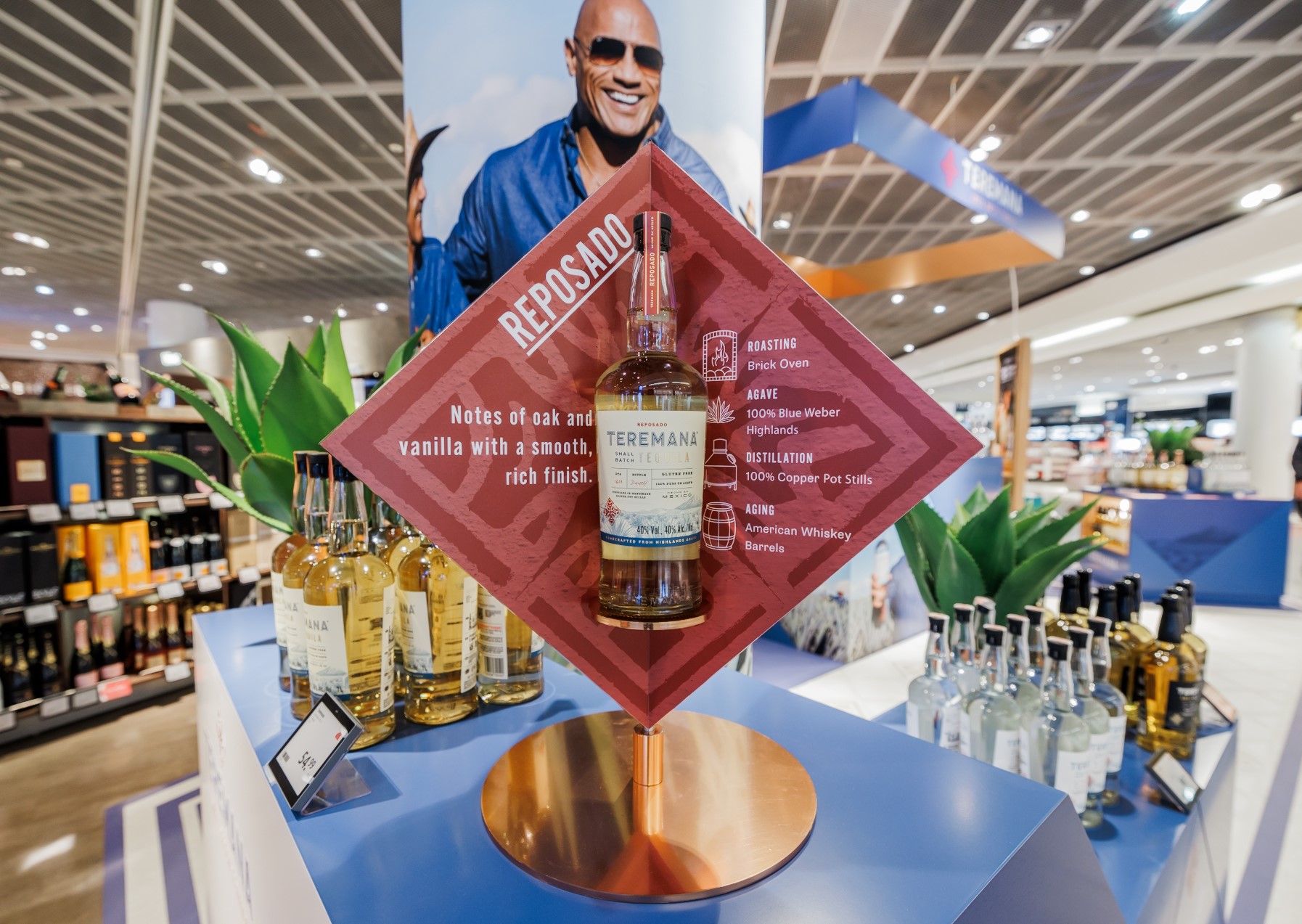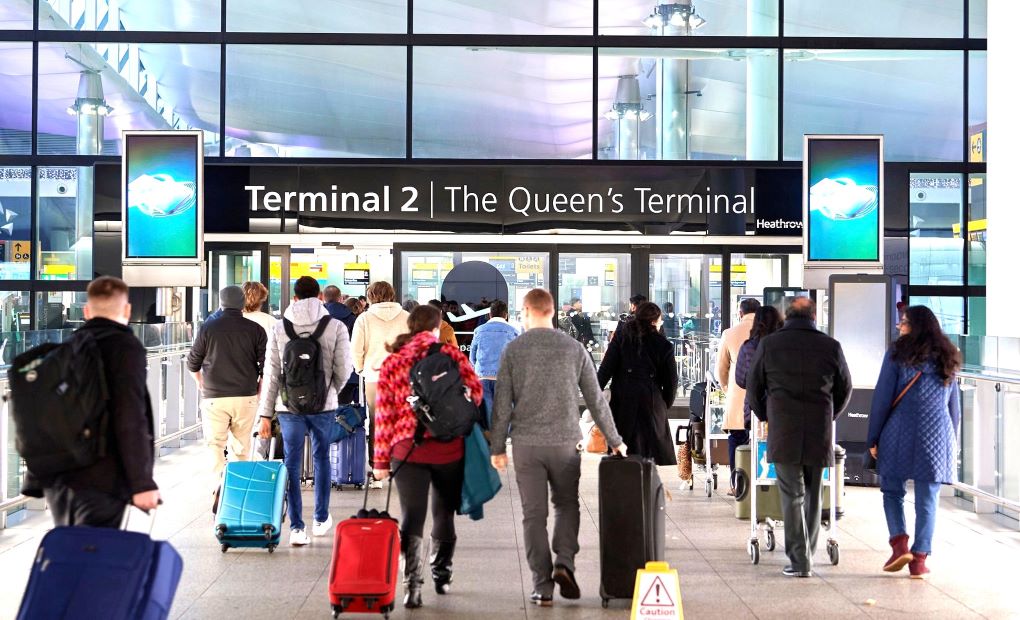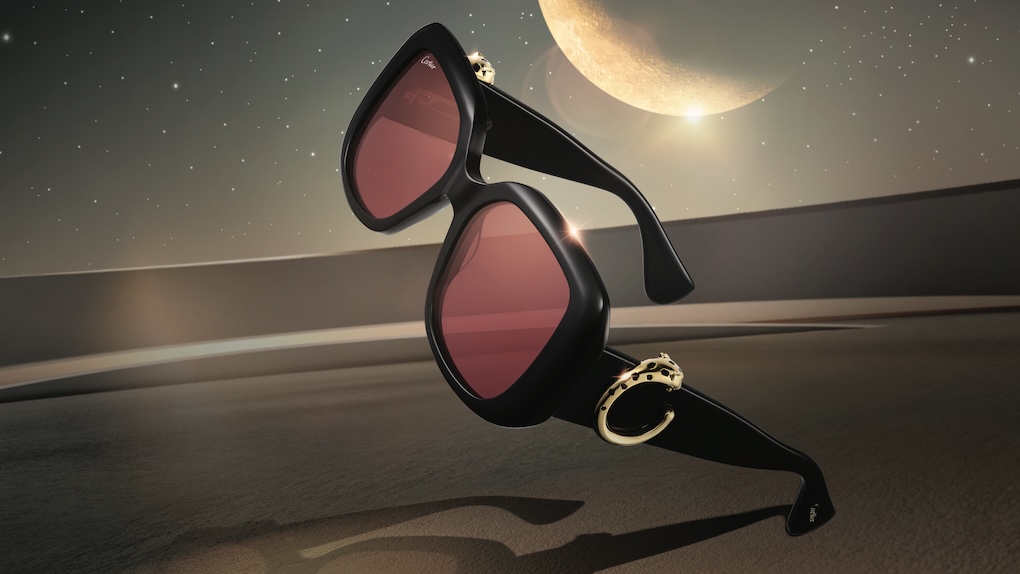
UK. A new report on disruptive air passengers published today claims that six in ten UK travellers have encountered drunk passengers and that there has been a sharp rise in passenger incidents on planes since 2012. But travel retail associations have rejected the study as sensationalised and inaccurate.
Called Fit to Fly, the report from the Institute of Alcohol Studies (IAS) think tank and the European Alcohol Policy Alliance (a grouping of non-governmental and public health organisations) claimed that 51% of British people believe there is a serious problem with excessive alcohol consumption in air travel (source: YouGov survey of 1,792 air travellers).
The study claims that 60% of British adults have encountered drunk passengers while travelling by air. Though it is an offence to be drunk on a plane, incidents of drunk and disruptive passengers have risen sharply to more than 400 annually since 2016, according to the UK Civil Aviation Authority.
Yesterday, the CAA, the UK’s aviation regulator, reported over 200 incidents this year so far and called for more prosecutions to crack down on violent and drunken behaviour.
The Fit to Fly study found that nearly a quarter of UK adults (24%) drink alcohol at the airport, with only 2% consuming four drinks or more, indicating that only a small minority of passengers drink excessively.
The issue has been raised by a number of airlines including Ryanair, and the UK’s Home Office has said it will launch a consultation on the subject to potentially extend the Licensing Act to include airside premises. The call for evidence has yet to be made.

ETRC and UKTRF call for collaboration
Reacting to the IAS Fit to Fly report, the Chair of the UK Travel Retail Forum and Vice-President Aviation Affairs of the European Travel Retail Confederation (ETRC), Francois Bourienne said: “Disruptive passenger incidents, although rare, are a serious issue and require collaborative industry initiatives to tackle them effectively.
“In this regard, it is extremely disappointing that some of the sound recommendations in the Fit to Fly report have been overshadowed by the sensationalised, anecdotal evidence and inaccurate figures that are provided as a policy basis.
“This, coupled with the promotion of the vested interest views of one airline and the misrepresentation of some of the insights of other participants in the forum is unacceptable.”
Bourienne added: “Drinking to excess is a societal issue and is not confined to any one stage of the passenger journey or hour of the day. Unfortunately, if someone is determined to drink to excess, opening hours or restrictions will have limited impact. Education of the consequences – both personal and on other passengers; information sharing; timely reporting of incidents; and full enforcement of the penalties available are key to effect change.”

UKTRF cites the ‘One Too Many’ campaign launched earlier in the summer as an example of this ‘all angles’ approach. It builds on the 2016 Aviation Industry Code of Practice which brought together airport, aviation and travel retail associations such as the UKTRF, AOA, IATA and AirlinesUK.
UKTRF sees educating core at-risk groups – particularly those travelling as part of group bookings – about the consequences of becoming disruptive as a good way to reduce alcohol-related incidents. This is in preference to legislation.
Signatories to the code commit to staff training related to early intervention and reporting, as well as the responsible sale of alcohol by applying the same standards as licensed premises. “This includes policies such as refusals to serve and ‘Challenge 25’. It is also made clear – at point of sale, on till receipts and on bags – that duty free purchases cannot be opened until passengers reach their final destination,” said Bourienne.
Multi-stakeholder initiatives
“ETRC and the UKTRF strongly support multi-stakeholder initiatives at airports – from airport forecourt to the boarding gates – to facilitate early intervention and to deny boarding where appropriate. Enforcement of the Montreal protocol to empower police forces at the landing airport to prosecute disruptive passengers would also act as a key deterrent, providing airline crews systematically report incidents,” he added.

IAS Head of Policy Jennifer Keen (left) said: “The government needs to do more to protect ordinary passengers from those who get drunk and aggressive. There is no clear reason why shops and bars in airports should be exempted from normal licensing rules when drunk people in the air are a much bigger safety risk to others than drunk people in the High Street.”
Ryanair Director of Public Affairs, Diarmuid Ó Conghaile said: “Ryanair welcomes this report. Regulatory measures are available to address this problem, including amending licensing laws for airports and statutory prohibition of consumption on an aircraft of alcohol which a passenger has brought with him/her. Ryanair calls on the UK government to make the necessary changes.”
IAS’ three key recommendations – which it claimed have support from stakeholders and the public – are as follows:
– Better licensing regimes in airports, including, in the UK, the application of the Licensing Act so that premises after security are required to follow the same legislation as premises in the rest of the country.
– Empowerment of local police forces at landing airports through the application of the Montreal Protocol.
– Alcohol consumption at airports to be restricted to bars and restaurants, with alcohol bought at duty free put in sealed containers and picked up by passengers at the gate or put directly in the hold of the aircraft.












